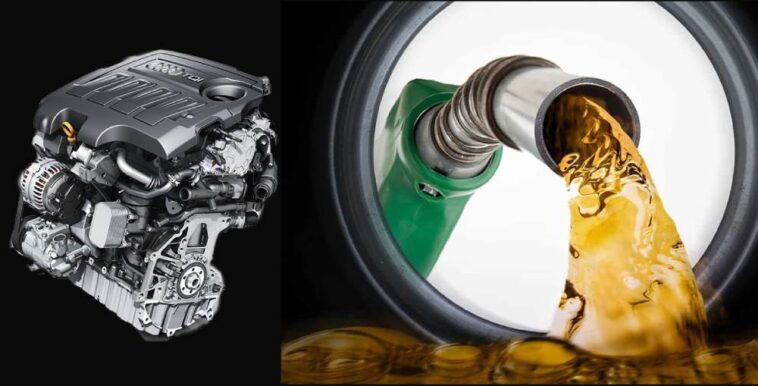Why Petrol Engine Lifespan Is 15 Years? You all must have heard people talking about engine lives saying that a petrol engine can run only for 15 years while diesel can run only 10 years on Indian roads. So, if you are searching for why it is commonly believed that petrol engines run only for 15 years, and whether this is true or not. It examines the factors that can contribute to the lifespan of a petrol engine, including wear and tear, usage, and maintenance, and discusses how advancements in engine technology have led to improvements in engine longevity.
Petrol engines, also known as gasoline engines, have been the backbone of the automotive industry for over a century. However, it is a commonly held belief that the lifespan of a petrol engine is limited to around 15 years. In this article, we will explore the reasons behind this belief and whether it holds true in today’s modern engines. Firstly, it is important to note that the lifespan of a petrol engine can vary greatly depending on a number of factors, including the quality of the engine, maintenance, and usage. However, there are several reasons why the 15-year limit is often cited.
Why Can Petrol Engines Run Only For 15 Years?
One major factor is wear and tear. Over time, the components of a petrol engine will naturally wear down and become less effective. This includes the pistons, cylinders, and other internal components that are essential for the engine to run properly. As these components wear down, they can become damaged, which can cause the engine to malfunction or fail entirely.
Another factor is the accumulation of miles on the engine. The more a car is driven, the more strain is put on the engine, and the greater the likelihood of wear and tear. Additionally, cars that are driven frequently are more likely to be exposed to harsher conditions, such as extreme temperatures or heavy traffic, which can further accelerate the ageing process of the engine. However, it is important to note that these factors can be mitigated through proper maintenance and care. Regular oil changes, tune-ups, and other routine maintenance tasks can help prolong the lifespan of a petrol engine, as can careful driving habits and avoiding harsh conditions.
Moreover, advancements in engine technology have led to significant improvements in engine lifespan. Modern petrol engines are built with higher quality materials and are designed to last longer than their predecessors. In addition, many newer cars come equipped with advanced monitoring systems that can detect and alert the driver to potential engine issues before they become serious problems.
While it is true that the lifespan of a petrol engine is affected by wear and tear and usage, the idea that all petrol engines only run for 15 years is a generalization that does not hold true for all engines. With proper maintenance and care, many modern petrol engines can run for significantly longer than 15 years. Ultimately, the lifespan of a petrol engine will depend on a variety of factors, and it is important to consult with a trusted mechanic or manufacturer for guidance on maintaining and extending the life of your engine.






GIPHY App Key not set. Please check settings